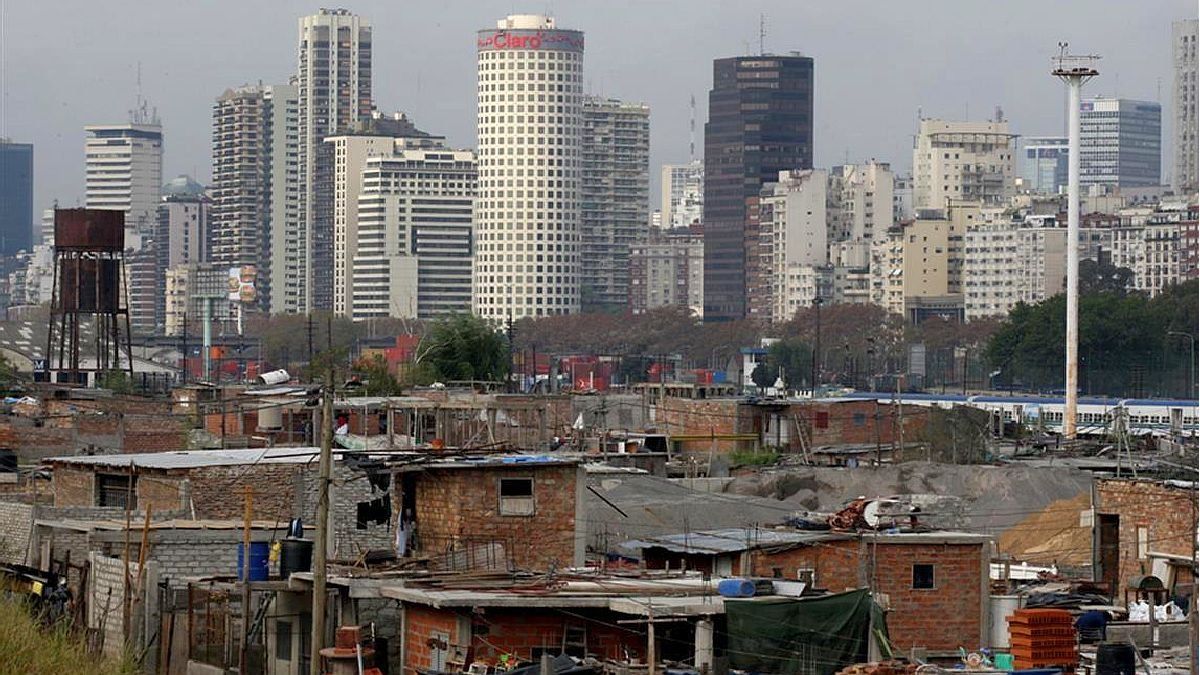Four years ago, a group of democracy activists protested against Beijing’s increasing interference in Hong Kong. They were promptly imprisoned and now face harsh punishments.
A court in Hong Kong has found 14 democracy activists guilty in the largest trial to date for alleged violations of the controversial security law in the Chinese special administrative region. Two defendants were acquitted, the court announced. All 16 had pleaded not guilty. The remaining 31 of the 47 defendants have pleaded guilty, but their verdicts are still pending. The sentence will be announced at a later date. The charge of conspiracy to overthrow state order can, in the worst case, lead to a life sentence.
According to the Hong Kong newspaper “South China Morning Post”, diplomats from several countries followed the trial on site. There was a large police presence in front of the court in the West Kowloon district. Among the 47 defendants are numerous prominent activists such as former student leader Joshua Wong and law lecturer Benny Tai. The group of opposition members was charged more than three years ago, and the actual trial lasted from February 2023 to December of the same year. The first verdicts have now been handed down.
Human Rights Watch criticized the decision. “The fact that a Hong Kong court found 14 people guilty for their peaceful activism shows a complete disregard for democratic political processes and the rule of law,” said Maya Wang, the human rights organization’s China director, according to the statement.
Charges for a primary election
The group, also known as the “Hong Kong 47”, is accused of organizing illegal primaries before the election for the Legislative Council, Hong Kong’s parliament, in 2020 – which was later canceled due to the corona pandemic. The defendants are said to have thus committed subversion and violated the security law introduced in late summer of the same year.
The primary elections were held in July 2020, despite warnings from Hong Kong authorities that they could violate the national security law that had come into force a few days earlier. The central government in Beijing defends the law, which was introduced after massive pro-democracy protests, as a necessary means of maintaining stability in Hong Kong. But critics argue that it deprives the city and its residents of their cherished autonomy and freedoms.
The security law is aimed at activities that the Communist Party in Beijing classifies as subversive, separatist, terrorist or conspiratorial. Since the law came into force, hundreds of activists and politicians have been arrested and prosecuted, and political freedoms and freedom of expression have been significantly restricted. Many prominent activists have fled abroad.
Source: Stern
I have been working in the news industry for over 6 years, first as a reporter and now as an editor. I have covered politics extensively, and my work has appeared in major newspapers and online news outlets around the world. In addition to my writing, I also contribute regularly to 24 Hours World.




